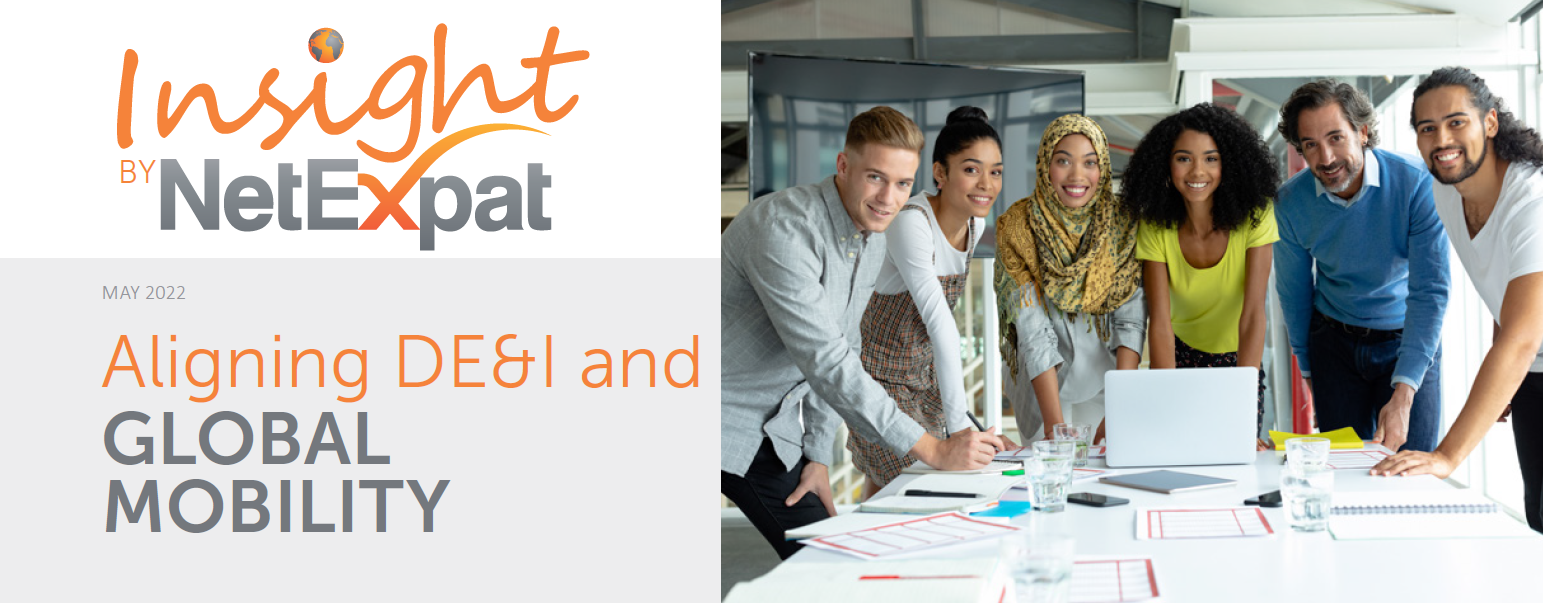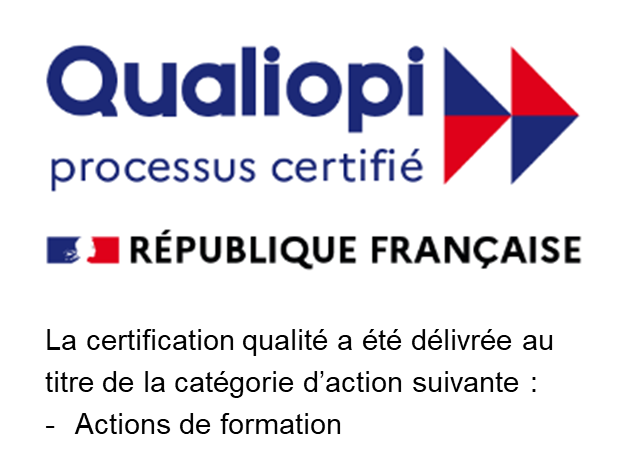ALIGNING DE&I AND GLOBAL MOBILITY

As conversations around DE&I initiatives continue to evolve, it has become clear that while many companies have great aspirations to create an environment of equity, very few have a truly inclusive culture that will allow for it to naturally evolve. As DE&I relates to Global Mobility, when organizations do not have inclusive policies, individuals will self-select not to go on assignment without ever telling their employer why. This is why it is imperative to align DE&I and Talent Management at a leadership level in order to prioritize HR and company strategies to move the needle towards a more equity driven talent mobility.
At NetExpat’s latest DE&I Summit, we asked attendees how well aligned their DE&I and Global Mobility functions are today? Only 3% answered that they were already aligned while 91% are somewhat aligned or planning to get there. We also asked if they believed that their leadership was truly focused on DE&I or simply wanting to check a box. The great news is that 75% of participants believe their leadership is truly focused on DE&I initiatives.
So how do you work towards better alignment within your organization? At our latest summit we gathered panelists
Soren Sturup-Toft, Senior Immigration/Global Mobility Expert at Bytedance; Emma Balogun, Talent Mobility Manager for Europe at EA; Monica Stancu, Diversity, Inclusion and Wellbeing Manager at Lloyd’s and Stephanie Bignon, International Global Mobility Manager at Michelin to share their professional insights and key takeaways.
Fill out the form below to receive the full copy of this Insight Article on what our panelists had to say and how organizations are working towards a more equity driven talent mobility strategy.
Request Your Copy
Share this post














